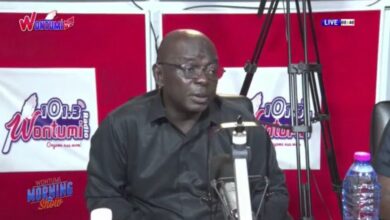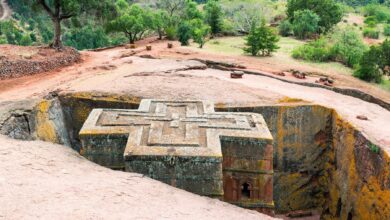Buhari, Rawlings, and 5 other African military leaders who became democratic presidents
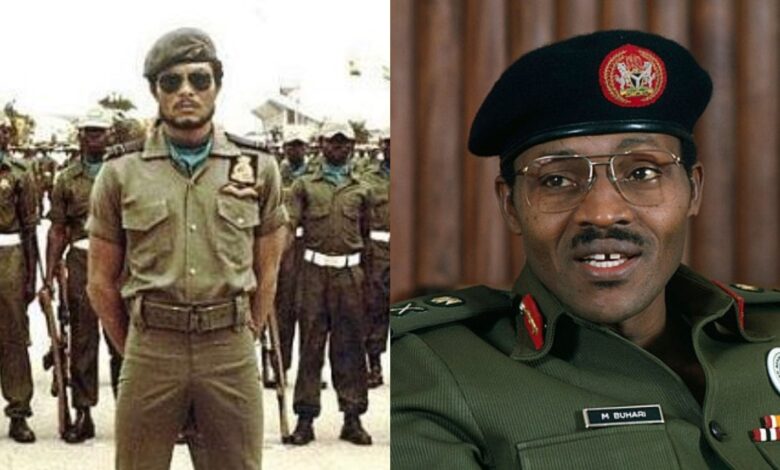
In Africa’s ever-evolving political landscape, few transformations are as compelling or as controversial, as that of military strongmen turning into elected presidents.
These are the men who once seized power through coups, issued commands from army barracks, and ruled with firm hands, only to later re-emerge in suits and campaign slogans, seeking legitimacy through the ballot box.
Their journeys reflect not only personal reinvention but also the broader democratic tides reshaping the continent. For some, it was redemption; for others, reinvention. But for all, the road from rifle to republic was anything but ordinary.
From Ghana’s revolutionary Jerry Rawlings to Nigeria’s persistent Muhammadu Buhari, and Rwanda’s strategic Paul Kagame, these stories capture Africa’s complex dance with democracy, where power, politics, and the promise of progress often collide.
The recent passing of Nigeria’s former President Muhammadu Buhari in 2025 casts a poignant spotlight on this rare breed of African leaders.
ALSO READ: Romance Fraud: These 5 countries are losing the most money to love scams
African Military Leaders Who Became Democratic Presidents
1. Jerry John Rawlings – Ghana
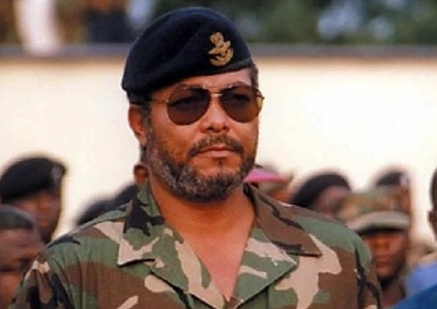
Ghana’s Jerry Rawlings exemplifies the transformation from military strongman to democratic statesman. Initially seizing power in a 1979 coup, Rawlings quickly returned control to civilians, only to return in 1981, disillusioned with civilian misgovernance.
As head of the Provisional National Defence Council (PNDC), he ruled for over a decade before overseeing Ghana’s return to constitutional democracy in 1992.
He then contested and won the presidency under the National Democratic Congress (NDC), making history as one of the first African military rulers to win a competitive election. He stepped down in 2001 after serving two terms.
2. Muhammadu Buhari – Nigeria
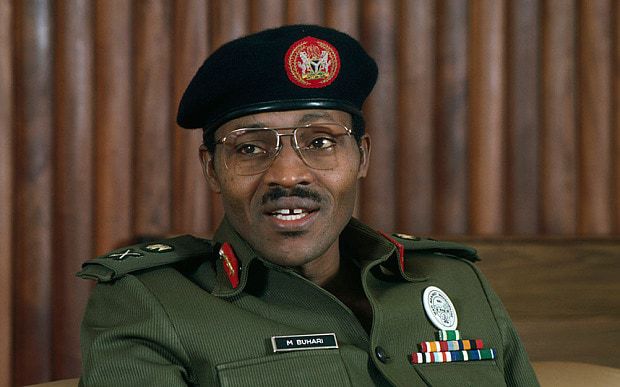
Muhammadu Buhari first came to power through a 1983 military coup, promising discipline and anti-corruption reforms. His rule, however, was marked by authoritarianism and economic hardship, leading to his ousting in 1985.
Decades later, Buhari returned to politics, contesting the presidency three times before winning in 2015. His victory over incumbent Goodluck Jonathan marked Nigeria’s first democratic transfer of power to an opposition candidate. Re-elected in 2019, Buhari served until 2023, proving that political persistence can rewrite legacies.
ALSO READ: 10 reasons Ghana and Nigeria are the real twins of West Africa ; you can’t separate them
3. Olusegun Obasanjo – Nigeria
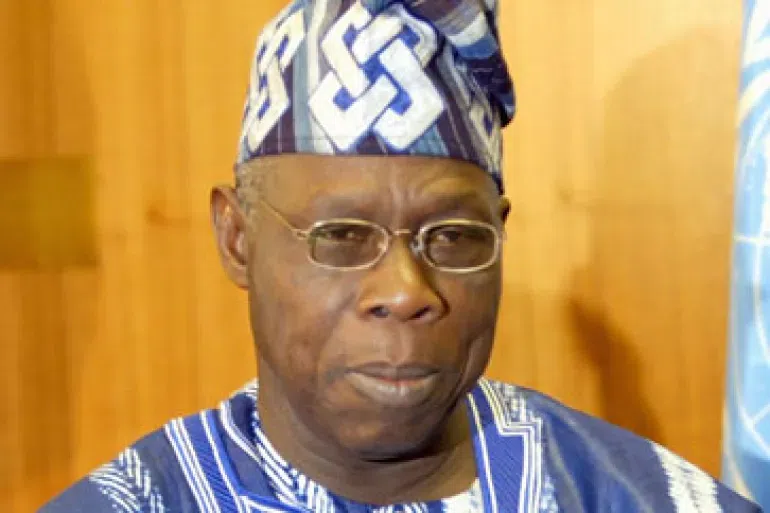
Olusegun Obasanjo is unique in African politics for handing over power voluntarily and later returning as a democratically elected president. After taking charge in 1976 following the assassination of General Murtala Mohammed, he supervised Nigeria’s return to civilian rule in 1979, making him the first African military leader to willingly transfer power to a civilian government.
Two decades later, Obasanjo returned as a civilian, winning Nigeria’s 1999 election after a long period of military dictatorship. He served two terms, leaving office in 2007, and remains a respected voice in African leadership.
ALSO READ: Top 10 African countries with the highest personal income tax in 2025
4. Ibrahim Baré Maïnassara – Niger
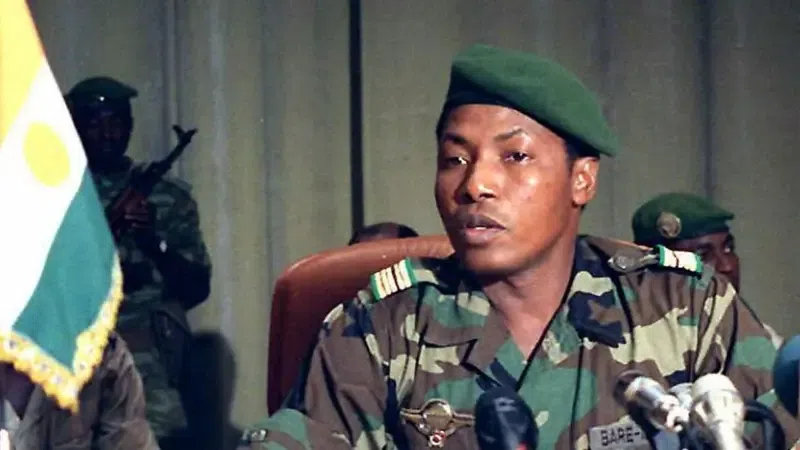
Niger’s Ibrahim Baré Maïnassara offers a sobering counterpoint. Appointed Army Chief of Staff in 1995, he led a coup in 1996 that ended Niger’s democratic experiment. Facing international pressure, he organised a presidential election—widely condemned as fraudulent—and declared himself the winner.
His rule was plagued by repression and economic woes. In 1999, he was assassinated by his own presidential guard, underscoring the risks of incomplete democratic transitions.
ALSO READ: 10 largest military bases in the world
5. Blaise Compaoré – Burkina Faso
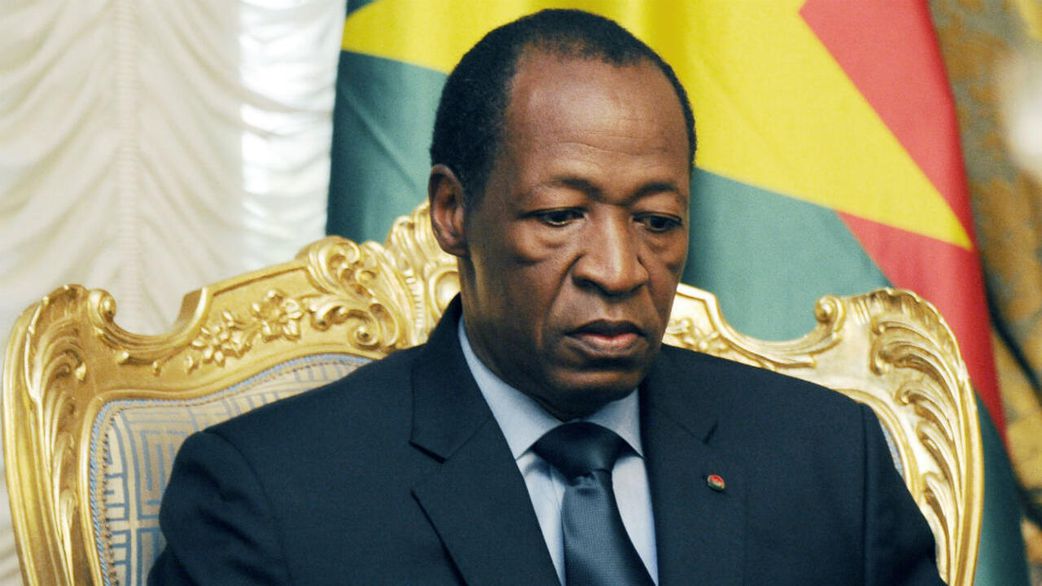
Blaise Compaoré rose to power in 1987 through a coup that killed the popular revolutionary leader Thomas Sankara. After ruling through military structures for several years, Compaoré transitioned to civilian rule in 1991.
Over 27 years, he consolidated power through constitutional amendments and tightly controlled elections. But his attempt to extend his term in 2014 triggered mass protests, forcing his resignation and exile. Compaoré’s career reflects both the potential and the perils of long-term rule disguised as democratic leadership.
ALSO READ: Top 10 most peaceful countries in Africa 2025 – Latest ranking
6. Yoweri Museveni – Uganda
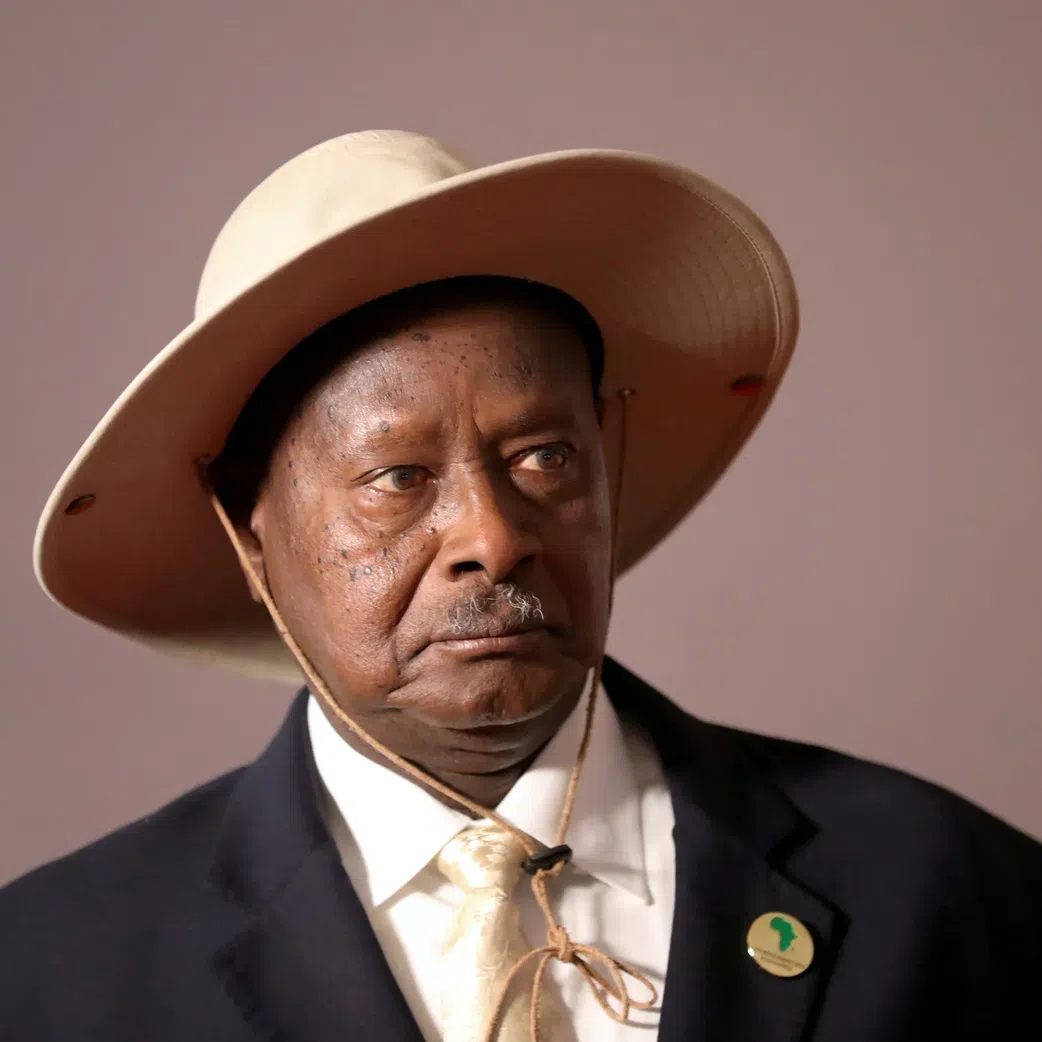
Yoweri Museveni’s ascent was through a protracted guerrilla war rather than a conventional coup. In 1986, his National Resistance Army seized power, and Museveni positioned himself as a reformer. For years, he resisted multi-party democracy, arguing it was divisive in Uganda’s context.
He eventually embraced elections, winning in 1996 and in subsequent polls. However, constitutional amendments removing term and age limits allowed him to remain in power for nearly four decades. While credited with stability and growth, Museveni’s rule has increasingly been criticised for authoritarian tendencies and shrinking political freedoms.
ALSO READ: Top 10 African countries with the most powerful militaries in 2025
7. Paul Kagame – Rwanda
President Paul Kagame of Rwanda [independent]
Paul Kagame’s leadership emerged from one of the most tragic events in African history—the 1994 Rwandan Genocide. As leader of the Rwandan Patriotic Front (RPF), Kagame halted the genocide and became the nation’s de facto leader. He formally became president in 2000.
Under Kagame, Rwanda has made impressive strides in development, healthcare, and gender equality. However, critics point to a lack of political space and suppression of dissent. His continued electoral victories, often by large margins, have sparked concerns over democratic credibility, even as his supporters praise his strong governance.
ALSO READ: 10 African countries with mandatory military service for citizens
Lessons and Legacies
These leaders, represent diverse paths from military rule to civilian governance. Some have enhanced their countries’ democratic credentials; others have clung to power under a democratic guise.
Their stories highlight both the potential for transformation and the dangers of authoritarian regression. They also raise key questions: Can a military background prepare one for democratic governance? Does relinquishing power mark true commitment to democratic ideals?
While some of these leaders exited gracefully, others overstayed their welcome. And yet, each case, whether inspirational or cautionary, adds a critical chapter to Africa’s ongoing democratic evolution.
As African nations embrace the rule of law and peaceful transitions, the continent must continue learning from these examples. Leadership through the ballot must always surpass leadership through the barrel.


